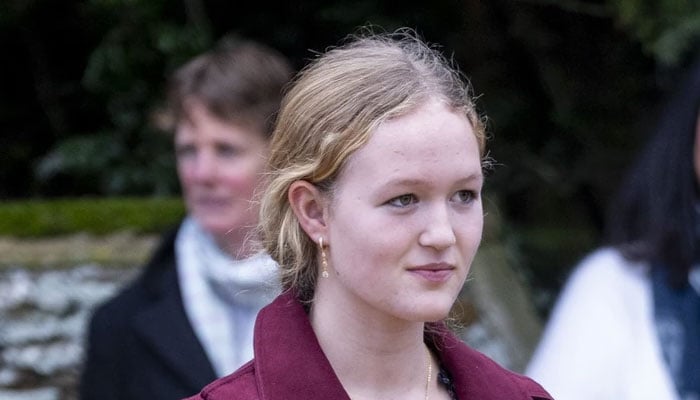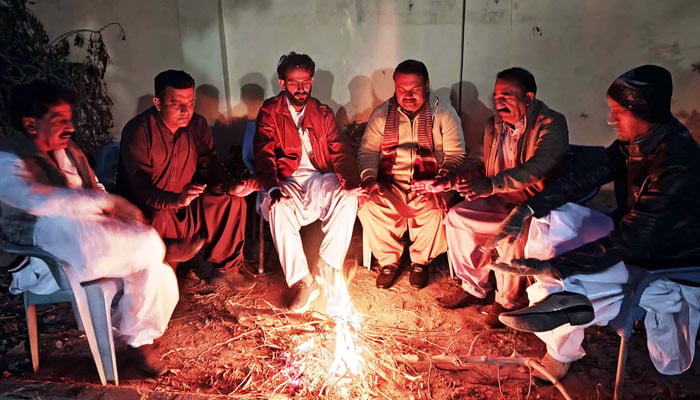Travel
Experts advise nature-based solutions to protect Mohenjo Daro from climate change effects
字号+ Author:Smart News Source:Travel 2025-01-13 07:31:08 I want to comment(0)
LARKANA: Experts at a five-day Unesco-sponsored workshop, which began at Mohenjo Daro on Monday, suggested nature-based solutions to reduce sudden and slow effects of climate change on the ruins of the ancient civilisation. Dr Cristina Menegazzi, an expert of culture and heritage at Unesco Pakistan, discussed threadbare disaster risk management for heritage sites and said the main risk factors were natural events like earthquakes, tsunami; human activities like looting and armed conflict and agents of deterioration like water, light, pests and contaminants. She said that natural and manmade events were geological, oceanographic, hydrological, biological, technological and anthropogenic. The inherent weaknesses in cultural heritage and its external exposure to hazards were referred to as vulnerability and vulnerability of a cultural heritage site was its exposure to a hazard at one particular time, she explained. She showed with the help of photographs and drawings the scale of damage caused to the heritage sites at different times around the world. She discussed changing paradigm of disasters from techno-centric, which meant seeing disasters as events, to a social perspective of seeing disaster as phenomenon. Arshad Hyder Kamariyo, divisional forest officer, said the ruins of Mohenjo Daro were very fragile and exposed to climate change effects. To reduce sudden and slow effects of climate change, following nature-based solution were suggested, which included massive afforestation of indigenous salt-tolerant tree species in surroundings of the ruins to reduce level of water table naturally and cost efficiently, he said. He said that shallow-rooted tree species might be preferred, so that roots did not penetrate deep and destroy the ruins. The plantation could help minimise impact of heavy rains, he said, adding that runoff water could be slowed down, hence less erosion and less thermal stress. Ali Haider Gadhi, senior conservationist, praised Unesco Pakistan for its invaluable support and partnership in making this workshop possible. “Your commitment to preserving our cultural heritage and promoting sustainable development is truly commendable,” he said. He said: “We are here to address a critical challenge that affects us all.” He was confident that participants’ expertise, experience and passion for disaster risk reduction would enrich the discussions and help shape future strategies. He said that natural disasters had devastating impact on communities, economies and cultural heritage sites like Mohenjo Daro. “Hence, we will engage in productive dialogue, capacity-building sessions, and collaborative exercises,” he said. Faisal Ahmed, executive engineer in irrigation department, also spoke at the event while the delegates later visited the ancient site.
1.This site adheres to industry standards, and any reposted articles will clearly indicate the author and source;
 Related Articles
Related Articles-
Dutch govt could fall over handling of Amsterdam violence: media report
2025-01-13 07:13
-
In first for EU country, e-cigarettes banned in Belgium
2025-01-13 06:06
-
Bangladesh new books say Ziaur Rahman, not Mujibur Rahman, declared independence
2025-01-13 05:55
-
UN criticises Taliban ban on Afghan women in NGO roles
2025-01-13 04:47
 User Reviews
User Reviews Recommended Reads
Recommended Reads Hot Information
Hot Information- Saudis look to Renard to reignite World Cup challenge
- 2025 to witness beginning of Generation Beta
- Nobel Peace laureate Malala Yousafzai shares memory highlights from 2024
- Appeals court upholds verdict in Trump sexual abuse case
- Israel warns Iraq over attacks from Iran-backed militias
- Republican's leadership of US House hangs by thread
- Montenegro restaurant firing leaves several dead: police
- India behind killings of 6 people in Pakistan since 2021, reveals report
- Karachi mayor promises improved healthcare services in city
 Abont US
Abont US
Follow our WhatasApp account to stay updated with the latest exciting content











